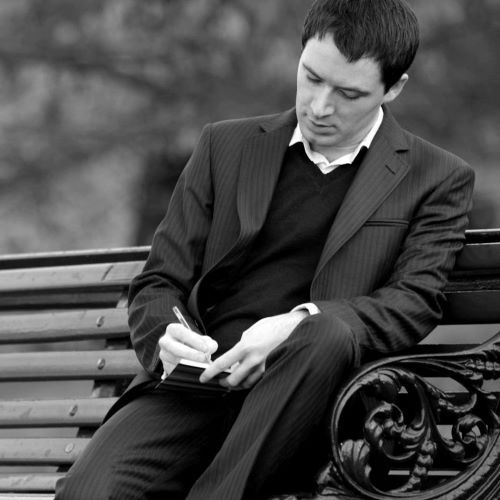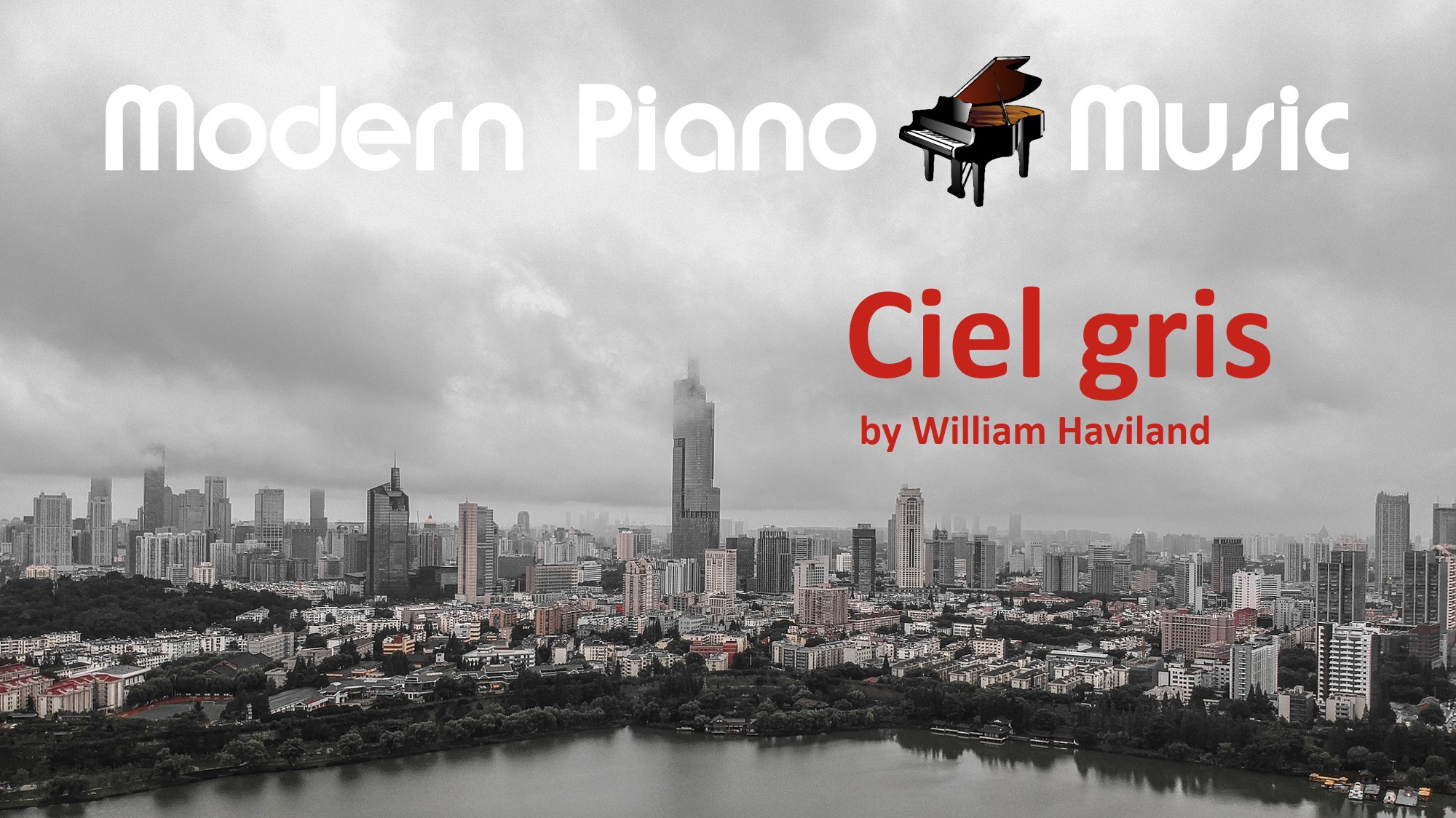About
William Haviland, is a pianist/composer and Musicnotes Signature Artist. His style is probably best described as a fusion of pop and classical music. Originally from the UK, he is currently living in South Korea. William studied Classical Music in London, but since then has strayed a little from the confines of the score. His musical heroes include Chopin, Ravel, Elton John, Paul Simon, John Williams, and Keith Jarrett. He is especially fond of the body of work found in the ‘Great American Songbook’. William’s early tuition was at the Blackheath Conservatoire, and subsequently he accepted an offer to read Music at King’s College London. Since graduation, he has worked as a teacher, performer, and recording artist. William is also an avid YouTuber, mostly of pop covers and classical re-imaginings

